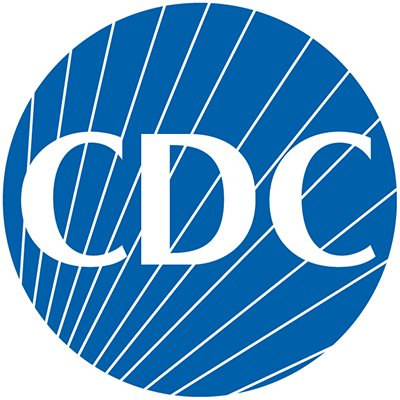
When’s the last time you checked out online reviews to decide whether to buy something? Or where to buy it? Many of us use reviews to see the honest opinions of other buyers — but how do we know the reviews really are honest? Or from real buyers? Read on for ideas about handling fake reviews.
Companies rely on reviews to stand out from the pack. But some companies write or use fake reviews — about both how great their thing is, and how terrible their competitor is. In fact, some people have turned fake review writing into an online business by offering to write positive reviews.
So can’t somebody do something? The short answer is: Yup. The websites and platforms (think Google, Amazon, Walmart, Yelp…among many others) where those reviews appear are well aware of the problem. Some of them do more than others to filter out the suspicious reviews, as well as finding, labeling, suspending, or delisting the companies or people who acquire those reviews. But do a quick search and you’ll see how easy it is to buy reviews. Clearly, the problem isn’t solved, and some websites and platforms need to do a much better job.
So what can we do? Where we = the FTC, we’re bringing cases (like the recent Roomster case) where we find businesses abusing the public trust. And we’ll keep doing that, plus, among other things, sharing guidance for business on dealing with reviews and advice for consumers on how to watch for fakes.